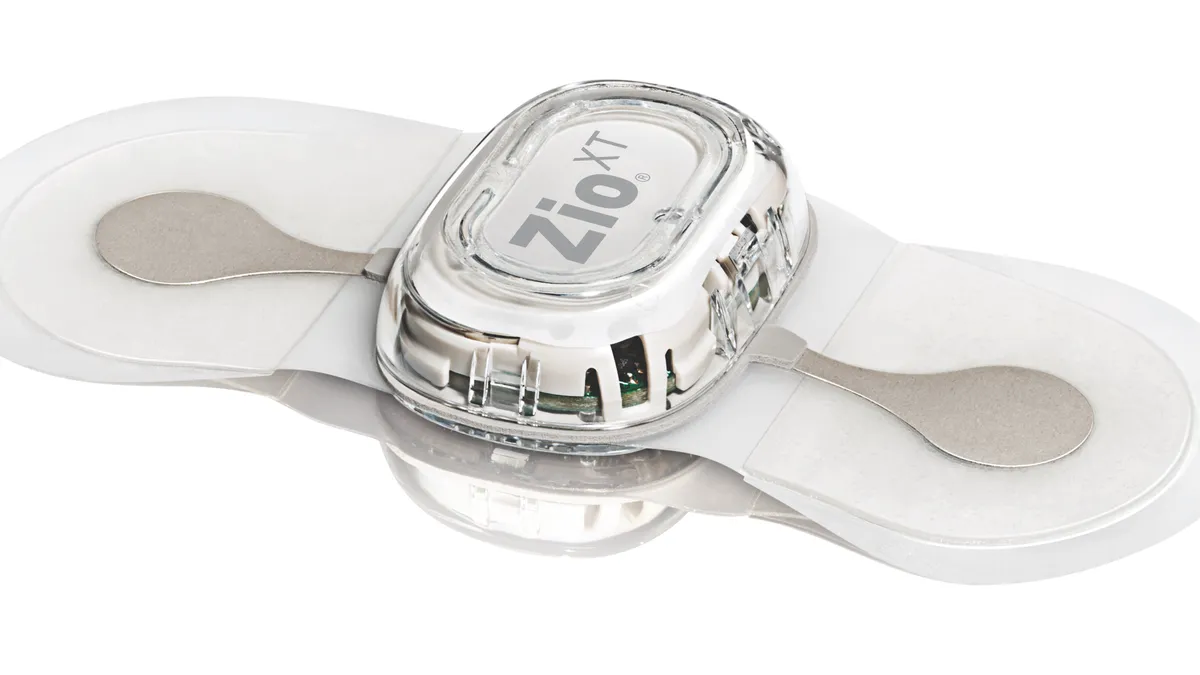Q3 Insights:
iRhythm said third-quarter revenue climbed 22% on higher sales of its wearable cardiac monitors. The shares fell after the company lowered its full-year revenue forecast as it expects customers to continue returning some devices.
Gross profit for the third quarter was $70.9 million, an increase of 26% from a year earlier, primarily due to increased volume and average selling price, the company said in a statement on Wednesday.
"While disappointing, we continue to be encouraged by the underlying momentum of the business as demonstrated by the accelerating daily registration growth in the third quarter,” CEO Quentin Blackford said in the statement. “We continue to believe iRhythm's innovative device with differentiated AI capabilities and clinically actionable data insights is the gold standard in the space and sets us apart in the marketplace. We remain confident in the strong fundamentals of our business.”
The company blamed the increase in returns on a lack of personnel to show customers how to use the devices, resulting in a larger-than-expected number of disappointed customers who simply shipped the devices back to iRhythm.
Most of the issues can be addressed operationally in the coming quarters, wrote William Blair analyst Margaret Kaczor, who expects more markets to open to iRhythm and its wearable technology.
“With a domestic opportunity less than 30% penetrated, coupled with iRhythm’s market-leading technology (and a next-generation XT patch just launched to solidify this leadership), we believe that the company can continue to deliver on near-term growth expectations,” Kaczor said. “Looking further out, we expect iRhythm’s TAM expansion into the asymptomatic market, international expansion, and potential entrance into entirely new opportunities (i.e., sleep apnea or heart failure) to drive durable long-term growth.”
iRhythm got a boost from the Center for Medicare & Medicaid Services, which on Tuesday released its 2023 Final Physician Fee Schedule ruling that would set the reimbursement rate for iRhythm’s cardiac monitors device at $260, according to Kaczor’s analysis.
“Securing national pricing for long-term ECG monitoring is a significant milestone for iRhythm and for the industry and brings stability to our core U.S. business,” Blackford said in a statement. “We continue to believe that these rates may not fully value the clinical benefits of AI used to deliver the Zio XT service,” he added, and said the company would continue to work with CMS for rates that “reflect the full value” the monitors bring to cardiac patients.
iRihythm recently received 510(k) clearances in July from the Food and Drug Administration for the Zio Watch, a forthcoming wearable device developed in partnership with Alphabet’s life-sciences research company Verily.
Forecast: iRhythm lowered its full-year revenue forecast and now expects sales to range from $407 to $411 million. Prior guidance was for revenue of $415 to $420 million.
Shares of iRhythm fell 6.6% to $118.44 in Wednesday morning trading in New York.
Correction: A previous version of this article misstated the applicability of the FDA’s reimbursement rates. They apply only to the wearable monitors and not to the Zio Watch product.










